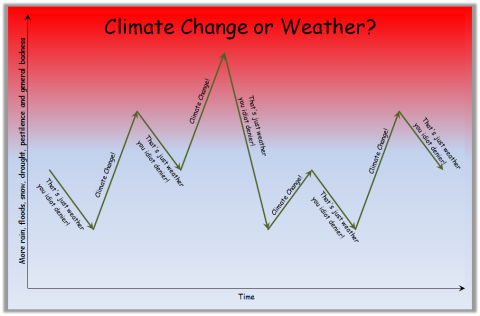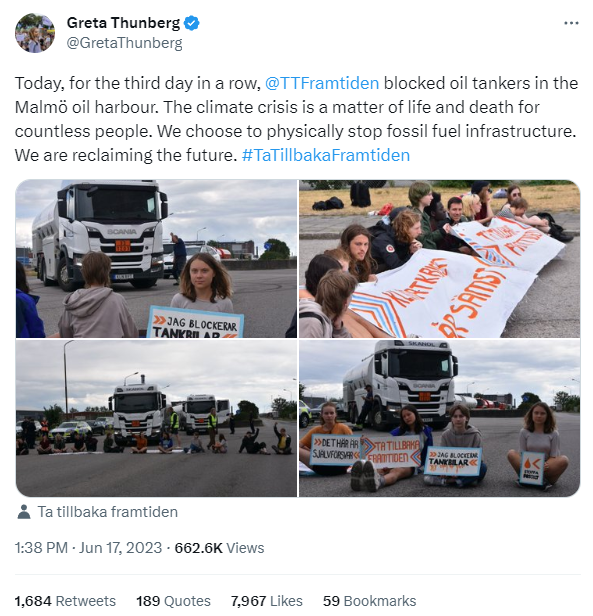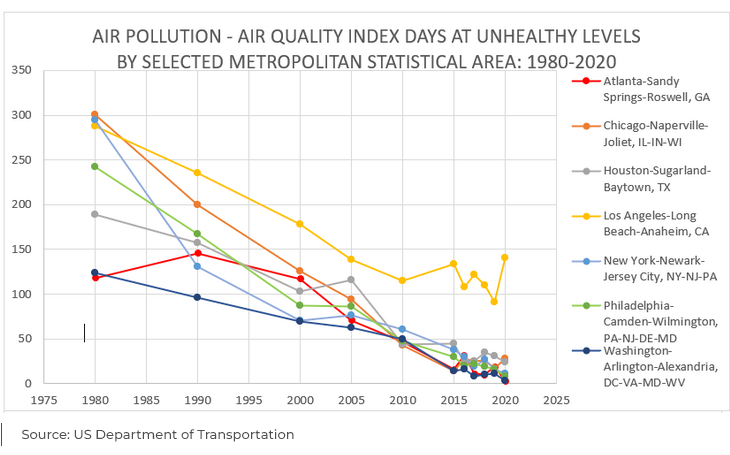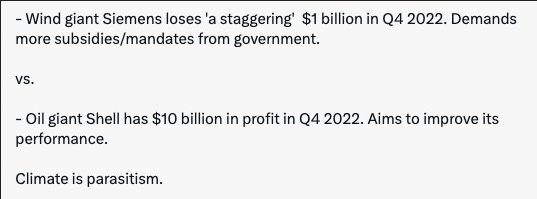Brendan O’Neill points out the hypocrisy of the progressives who protest against anything smacking of government austerity — often merely a slowing down in the rate of increase of funding that they condemn as “cuts” — yet fervently desire to impose a form of austerity that would literally lead to hundreds of thousands or even millions of deaths:
There are countless contradictions on what passes for the left these days. We’re against sexism, they cry, and then they’ll while away entire days hounding every uppity broad who dares to question the trans ideology. We’re anti-racist, they say, even as they yell “Uncle Tom” at any person of colour who deviates from their white liberal orthodoxies. Be kind, they tweet, in between their venomous crusades against TERFs, gammon, boomers, deplorables, “semi-fascists”, you name it.
We’re against austerity, they insist, and yet then they agitate for an austerity of apocalyptic proportions. This, surely, is the most stark incongruity of the modern left. They rail against every library closure or reform of welfare payments as an intolerable assault on people’s living standards, and then they take to the streets in their thousands in support of a degrowth agenda that would plunge vast swathes of humankind into penury. They’re far meaner than any right-wing penny-pincher they claim to oppose.
[…]
Environmentalism is austerity on steroids. Consider one of JSO’s key demands: “No new oil or gas”. This would be – there’s no other word for it – psychotic. Not only would such a crazed policy instantly throw hundreds of thousands of people out of work, by decommissioning the rigs and mines where they make their living – it would also make it all but impossible to keep society going. The infantile moralism of modern greens would have us believe that vile oil and gas are only used to propel 4x4s and airplanes packed with the rich and other “bad things”. In truth, every facet of our lives requires energy from oil and gas. The delivery of foodstuffs, house-building, schools, hospitals, life-support machines, heaters to protect the elderly from death in winter – all need energy derived from fossil fuels. Or consider libraries. The left wept when Osborne’s cuts led to library closures, but you try running a library in your post-fossil-fuel dystopia. Without oil, gas, electricity and trees torn down to make books, libraries would cease to exist.
As Alex Epstein argues, to “rapidly eliminate fossil-fuel use” would make the world “an impoverished, dangerous and miserable place for most people”. Fossil fuels provide 80 per cent of the world’s energy. Just three per cent comes from solar and wind power, so beloved of green anti-modernists. And even that measly slice of global energy production is, in Epstein’s words, “totally dependent on fossil fuels, especially natural gas, for 24/7 back-up”. That is, if the wind doesn’t blow and the sun doesn’t shine, we have to crank up the fossil fuels. Ours is a world in which three billion people still use less electricity than your average American fridge. Agitating for less energy production in such a time is callous beyond belief. It would issue a death sentence on the world’s poor. George Osborne is Father Christmas in comparison with these crusaders against the gains and wonders of modernity.














